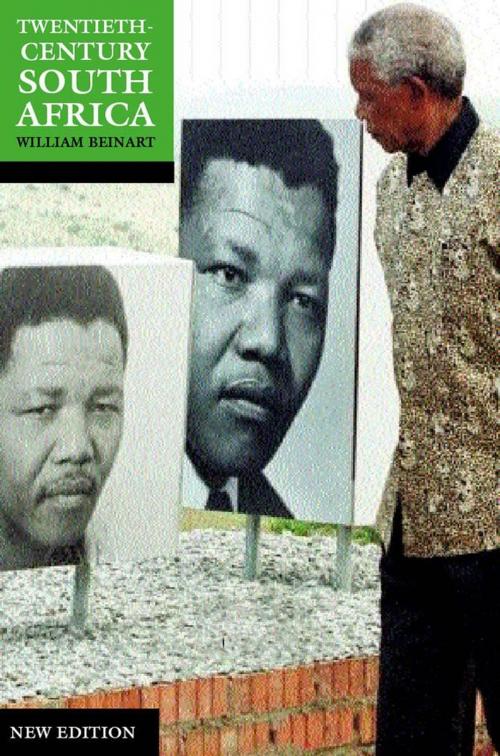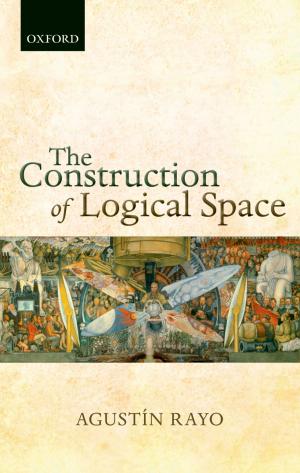Twentieth-Century South Africa
Nonfiction, History, Africa, South Africa, Art & Architecture, General Art| Author: | William Beinart | ISBN: | 9780191606748 |
| Publisher: | OUP Oxford | Publication: | October 4, 2001 |
| Imprint: | OUP Oxford | Language: | English |
| Author: | William Beinart |
| ISBN: | 9780191606748 |
| Publisher: | OUP Oxford |
| Publication: | October 4, 2001 |
| Imprint: | OUP Oxford |
| Language: | English |
An innovative examination of the forces - both destructive and dynamic - which have shaped twentieth-century South Africa. This book provides a stimulating introduction to the history of South Africa in the twentieth century. It draws on the rich and lively tradition of radical history writing on that country and, to a greater extent than previous accounts, weaves economic and cultural history into the political narrative. Apartheid and industrialization, especially mining, are central theme, as is the rise of nationalism in the Afrikaner and African communities. But the author also emphasizes the neglected significance of rural experiences and local identities in shaping political consciousness. The roles played by such key figure as Smuts, Verwoerd, de Klerk, Plaatje, and Mandela are explored, while recent historiographical trends are reflected in analyses of rural protest, white cultural politics, the vitality of black urban life, and environmental decay. The book assesses the analysis of black reactions to apartheid, the rise of the ANC. The concluding chapter brings this seminal history up-to-date, tackling the issues and events from 1994-1999 - in particular the success of Mandela and the ANC in seeing through the end of apartheid rule. It also looks at the chances of a stable future for the new-found democracy in South Africa.
An innovative examination of the forces - both destructive and dynamic - which have shaped twentieth-century South Africa. This book provides a stimulating introduction to the history of South Africa in the twentieth century. It draws on the rich and lively tradition of radical history writing on that country and, to a greater extent than previous accounts, weaves economic and cultural history into the political narrative. Apartheid and industrialization, especially mining, are central theme, as is the rise of nationalism in the Afrikaner and African communities. But the author also emphasizes the neglected significance of rural experiences and local identities in shaping political consciousness. The roles played by such key figure as Smuts, Verwoerd, de Klerk, Plaatje, and Mandela are explored, while recent historiographical trends are reflected in analyses of rural protest, white cultural politics, the vitality of black urban life, and environmental decay. The book assesses the analysis of black reactions to apartheid, the rise of the ANC. The concluding chapter brings this seminal history up-to-date, tackling the issues and events from 1994-1999 - in particular the success of Mandela and the ANC in seeing through the end of apartheid rule. It also looks at the chances of a stable future for the new-found democracy in South Africa.















